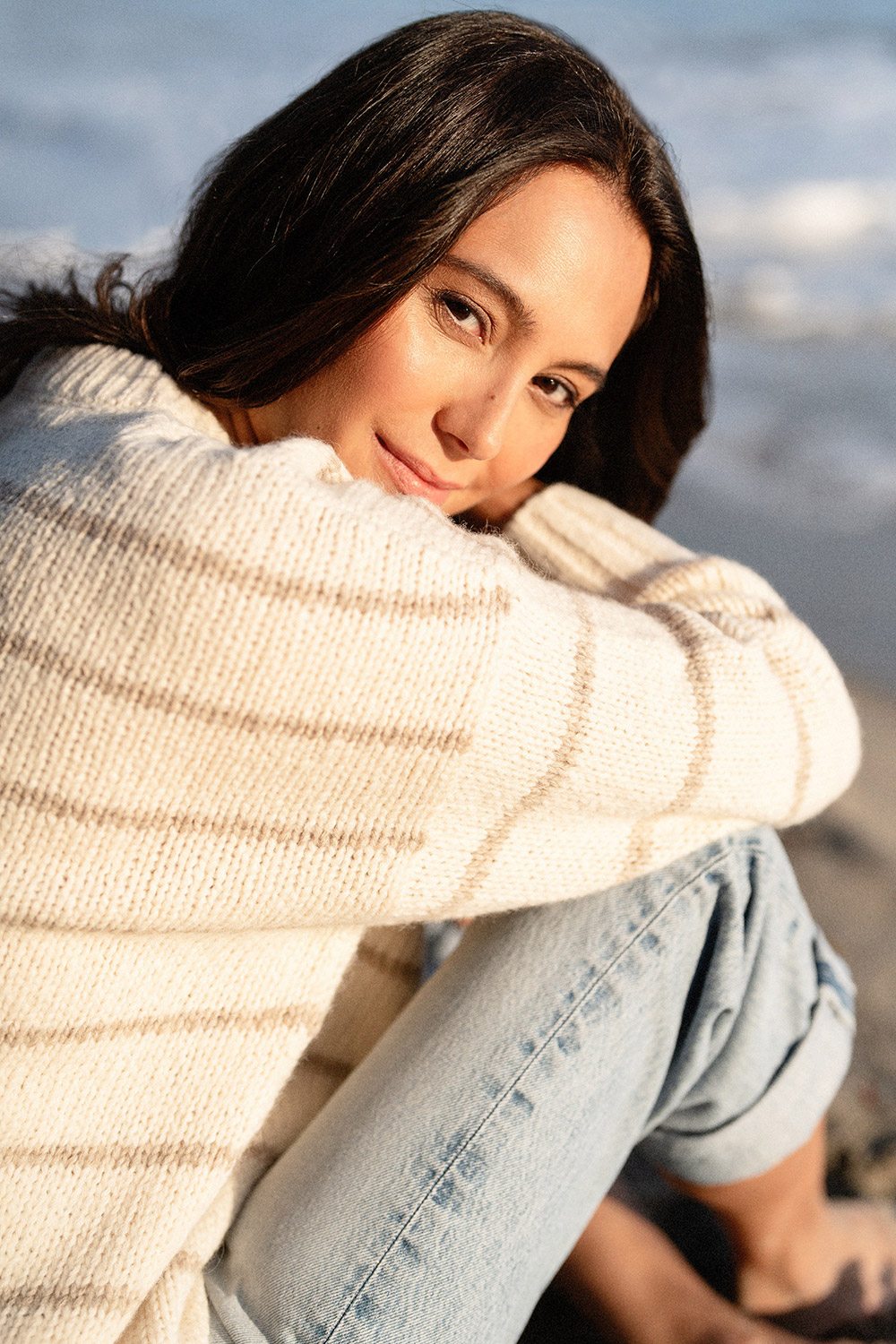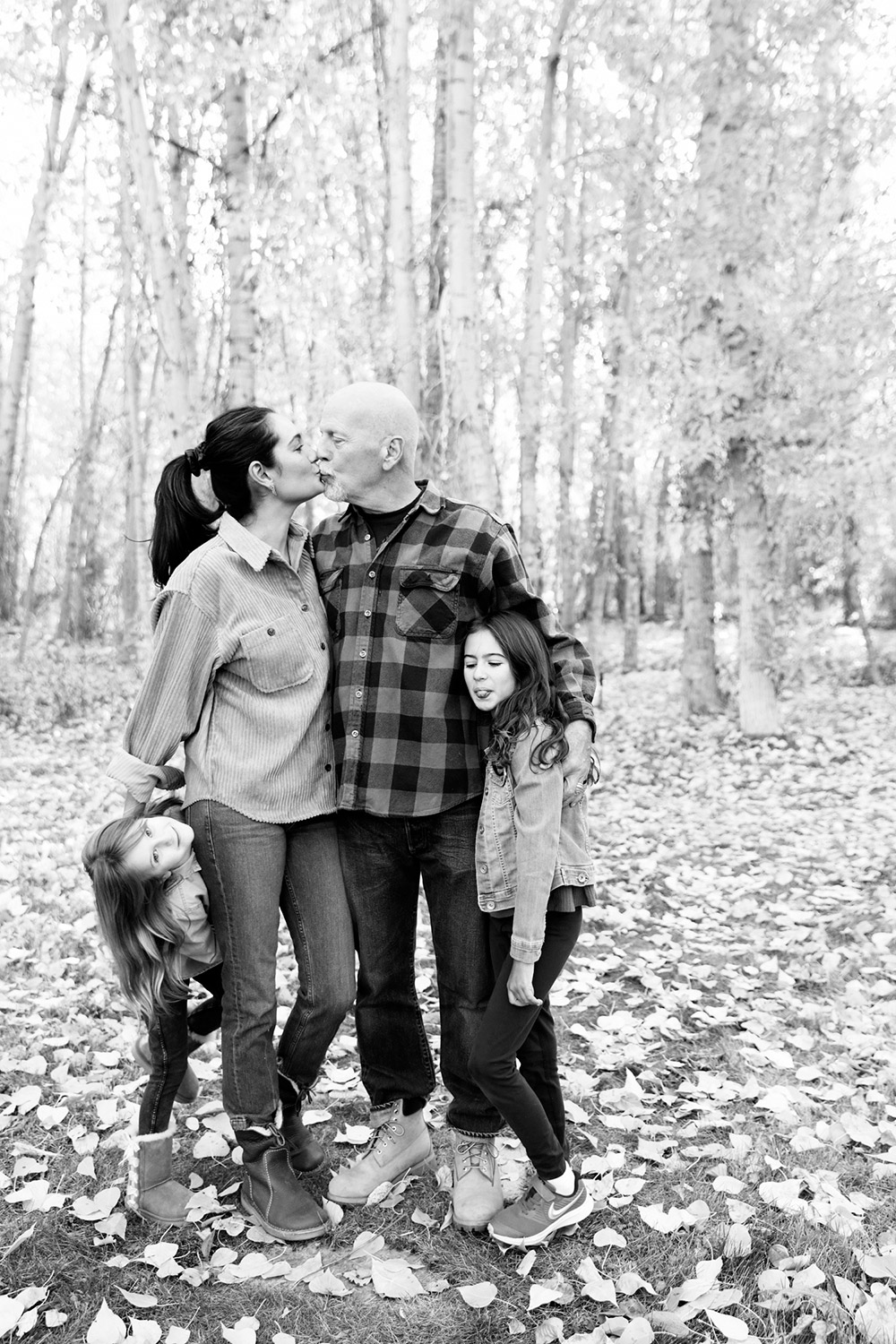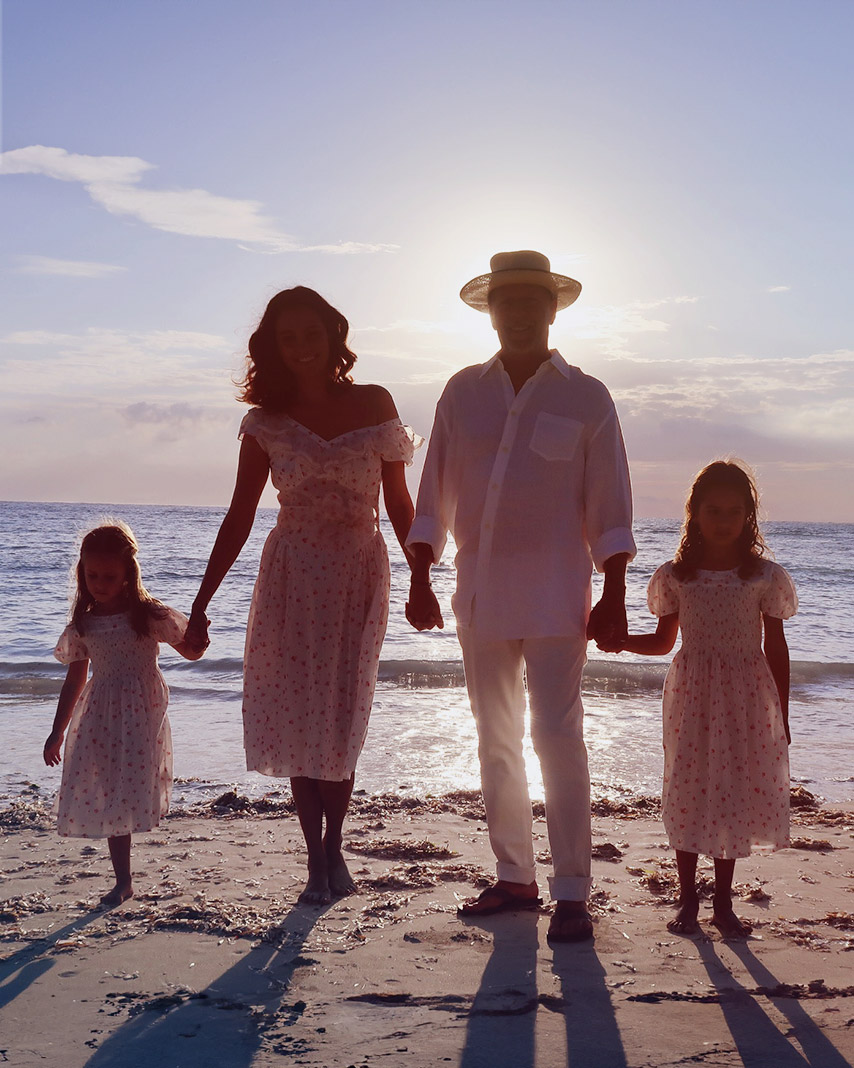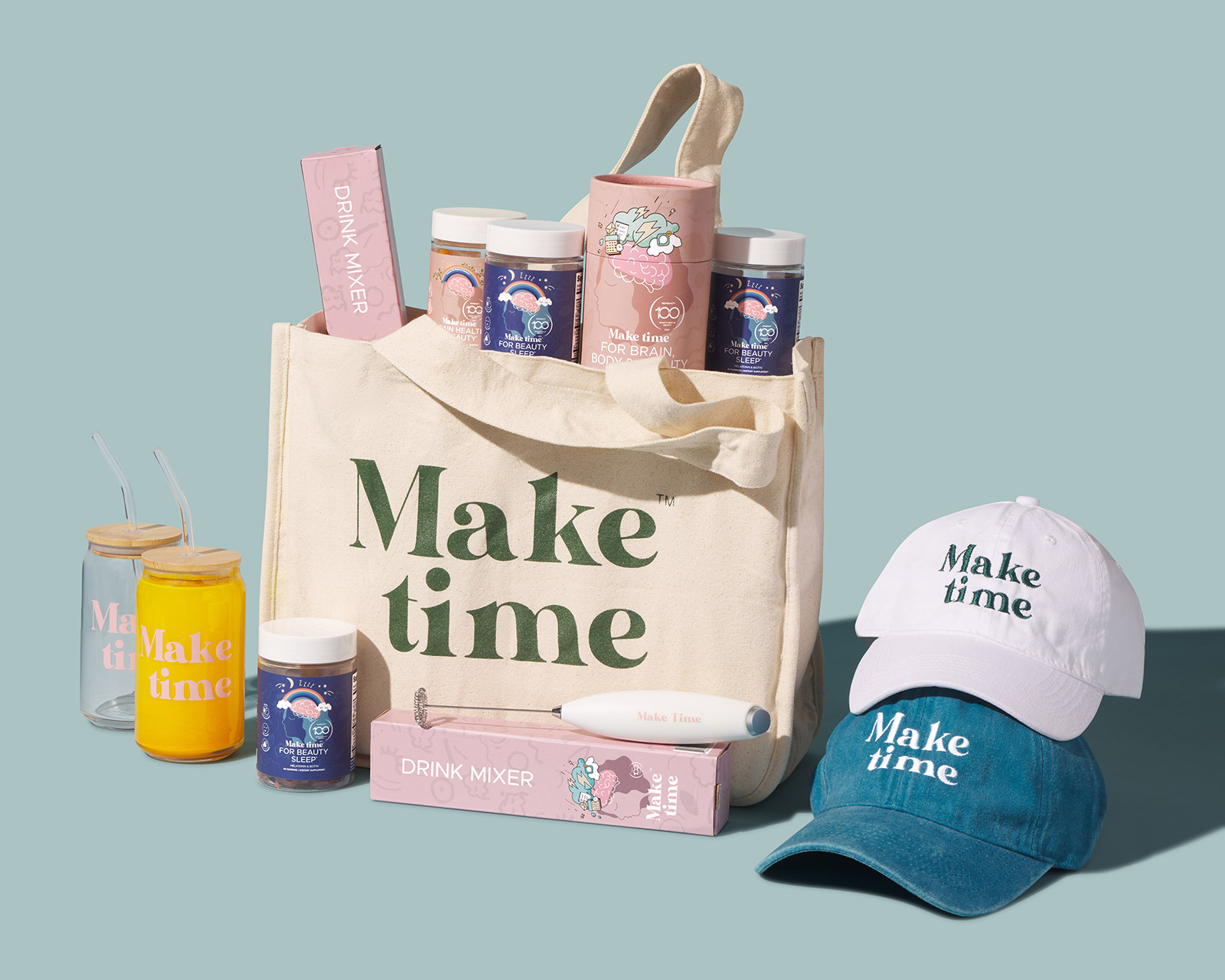
Leading with Love,
Compassion, and
Empathy
In 2022, my husband Bruce was diagnosed with frontotemporal dementia (FTD), and I have since dedicated my time to advocating for caregivers, raising awareness for dementia, and starting conversations around the importance of brain health. My goal is to see an end to FTD and all forms of neurodegenerative diseases, while providing community and support for care partners.
Wife. Mother. Entrepreneur.
Advocate. Care Partner.
To share my story, I have to tell you about my family. The Willis’ are always up for a good time. We share belly laughs and yummy meals and outdoor adventures. We love to be in nature and, more than anything, we love to be together. If you take one thing away from my story, let it be that my husband’s diagnosis did not ruin any of that. Yes, it completely turned our world upside down. There is immense sadness, grief, and, at times, moments of hopelessness. But on this side of it, I’ve found something even deeper—love and connection beyond what I ever imagined.
Let’s rewind. When my husband was diagnosed with FTD in 2022, I slowly transitioned into the role of his care partner. Those early stages were deeply isolating. I struggled with a sense of powerlessness, feeling as if I had no control over what was happening to my family. At the same time, I was grappling with grief, the loss of the life I had known, all while raising our two young daughters.
I came to realize that this new reality could easily consume me if I let it. That’s when I reached out for a lifeline.


On February 16, 2023, through a statement with AFTD, we shared Bruce’s diagnosis with the world, and in return, we were met with an outpouring of kindness and global support. Going public was the right decision for our family for many reasons: to reduce stigma, raise awareness, and, for me, to connect with a wider community.
I know our family’s situation is unique, most care partners don’t have to “go public” with medical updates, but the daily challenges and emotions of caregiving are universal. This diagnosis doesn’t discriminate; it levels the playing field. In the end, we are all just spouses, siblings, parents, or children navigating isolation, uncertainty, and grief while doing our best to show up for the ones we love.
I wish I had taken the leap of faith and asked for help sooner. Everything changed when I found the right information, resources, and community to lean on. I began to realize that, even in my new role as a care partner, I still had agency. And with that, I started to find joy, see beauty, and choose hope.
This journey—our unexpected journey—doesn’t have to feel unrelenting or hopeless. In fact, you may discover, just as I have, that even in the hardest moments, there are unexpected treasures to be found along the way.

The Remarkable Reframe
I will be the first to say—this journey is unfathomably hard, and it will continue to be. Yet, I choose to seek out the silver linings. I call it “The Remarkable Reframe.”
Let me be clear: this is not toxic positivity. It’s a conscious decision to accept what is. Trust me, there are moments when that’s easier said than done. The truth is, we don’t have a choice in our person’s condition, but we do have a choice in how we respond. That’s why I wanted to create a space for care partners that feels like a glass half-full, a deep breath, the sun on your face. No scary, clickbait headlines here.
Here, we make space for everything you’re feeling—grief, love, exhaustion, hope, and all that exists in between. Because if I’ve learned anything on this journey, it’s that two things can be true at once: grief and gratitude, pain and pride, mourning what was and finding meaning in what is. There’s a paradox in caregiving, and our strength can lie in honoring both truths at once.
Whether you’re new to caregiving or a seasoned care partner, my hope is that this space offers comfort, compassion, and optimism. We’re in this together, learning and growing as we go.

Make time for your brain, body, and beauty—in that order
In alignment with my advocacy for care partners and dementia awareness, I’m committed to starting conversations about the importance of brain health, particularly for women. Did you know that women make up two thirds of the world’s Alzheimer’s patients? We suffer from pregnancy brain, menopause brain, postpartum brain, mom brain, early onset dementia and yet, no one is asking us about our brain health. Transforming our frustration into action, my co-founder, Helen Christoni, and I launched Make Time, a line of wellness supplements designed to support brain health while also caring for the body and beauty from within.
More than a wellness brand, Make Time is my personal philosophy. When I began to make time for myself, I improved my overall wellness, simplifying my health journey and allowing me to show up with clarity and strength for myself and my family.
Our brain health will no longer be treated as an afterthought. We’re committed to putting our brains and bodies above all else, and we’re determined to help other women do the same. So, how are you making time for yourself today?

